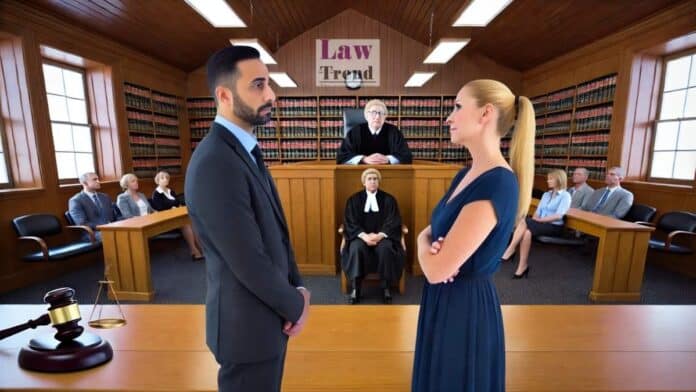In a significant ruling that addresses privacy rights within matrimonial relationships, the Madurai Bench of the Madras High Court has declared that evidence obtained by breaching a spouse’s privacy is inadmissible in court. Justice G.R. Swaminathan, delivering the judgment on October 30, 2024, underscored the importance of privacy as a fundamental right that extends to
To Read More Please Subscribe to VIP Membership for Unlimited Access to All the Articles, Download Available Copies of Judgments/Order, Acess to Central/State Bare Acts, Advertisement Free Content, Access to More than 4000 Legal Drafts( Readymade Editable Formats of Suits, Petitions, Writs, Legal Notices, Divorce Petitions, 138 Notices, Bail Applications etc.) in Hindi and English.




